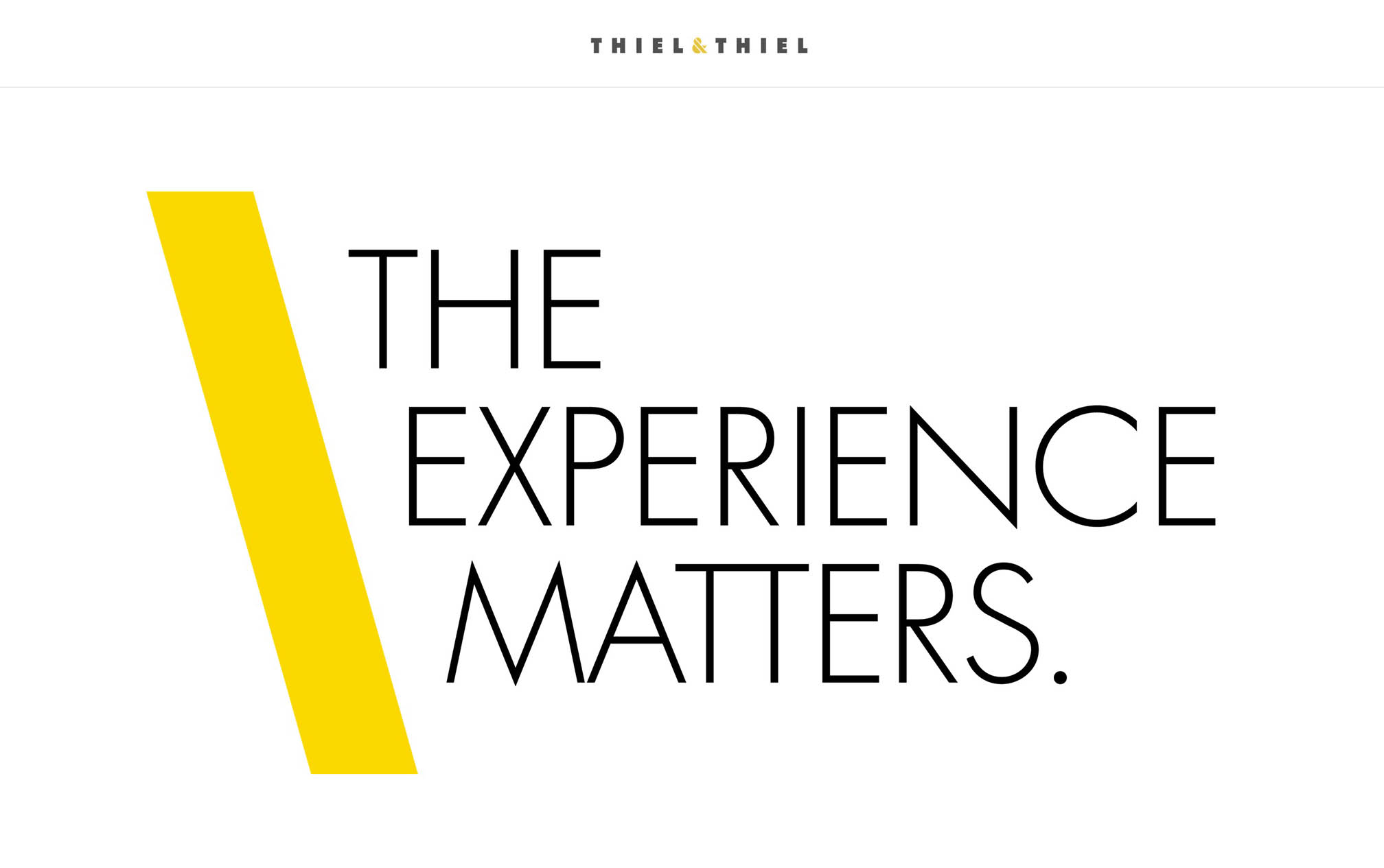Experience Matters

A couple of years ago in one of many personal statements applying for PhD studies in the US, I wrote in a few of them that I strongly believe that the best lecturers are the ones who have real sector experience and not full-time academics. Clearly, I offended someone on the panel, so I softened the statement in the few years after and focused on getting my private sector experience.
I couldn't find the direct quote, but when you get to the stage that you can quote something you said 5-10 years ago you know that you've been dropping wisdom nuggets for a while—this Blog in 9 years old sometime in the next month or so. And I started it as a project to document what I was learning in College as an Economics student hence the name "College Economist". Over time the blog has morphed into me talking about my take on political issues, social issues, or just dropping nuggets based on my experiences. Every now again when someone comes up to me and says you haven't posted anything in a while, I remember that I do actually have readers.
Anyways Segway aside,
Having Experience outside of school matters!
My original plan for Economics studies was to go to school straight from out of highschool into PhD. If I got my way and started college at 17, I would have been finished in 2019, 4 years undergrad and 4 years PhD. Then I would have been a 25 year old with a PhD and no work experience. I would more than likely get either a teaching job (Assistant Professor), a Post- Doc, ( Post Doctoral Researcher)or a private-sector research job on the job market. Still, the main point is I would have been entering the workforce pretty late without an ounce of any real experience, maybe a summer job or internship here and there but nothing too serious, (assuming ceteris paribus of course).
So because life doesn't always go as planned, the difference is stark. Same 25-year-old, in 2019, Two degrees, and 3+ years experience in Financial Services, and not entry-level. A year later, practically a Senior Government Consultant and halfway into the 1st year of a PhD. The difference though is that when the PhD is finished albeit 4 years later than originally planned, my options would be much more than just the three, I mentioned before.
If you haven't already gotten the point, the truth is, this was the better option, it allowed me to see the flaws of the "traditional approach" and forced me to adapt.
Which leads me to the crux and the reason for writing this piece.
As a full-time employee and a full-time PhD student, I'm now being taught by Full-time academics. When you view their resumes, the only thing you really see is either teaching or research experience, and maybe a summer job here and there. Not only that, they insist on making life harder for us than it already is, by stressing the wrong things.
In recent years, economics has become very tech-driven, and for a good reason, but not all economists are tech-minded. One of the things you learn in business is that you just need to know a little about many things and hire smart people to fill the gaps as the boss you don't have to know everything.
Here is where the lecturers don't get it, I'm trying to be the boss in life, and they're telling us to be the smart people hired by the boss. Although to get this level, you must have some superior knowledge over the general college-educated population. Still, it does not mean that we need to fuss over every detail when tools already exist to make our lives easier.
The old adage is Experience Teaches wisdom,
Everyone loves a visual,
We can use the Data, Information, Knowledge and Wisdom Pyramid (DIKW) to illustrate this. The DIKW Pyramid represents the relationships between data, information, knowledge and wisdom. Each building block is a step towards a higher level; first comes data, then is information, next is knowledge and finally comes wisdom.
For many economists, the focus is on the data, but data is only a tool to get information. Information is then used to generate knowledge around the subject matter. Once we know the subject matter, it now takes wisdom to make interference and make decisions.
The reason why you do more work physically than your boss is that you're hired to focus on the lower levels of the pyramid, so a lot more work but a lot less pay and the higher up you go, the less physical work you have to do but the more decisions you have to make.
The point is, we all have different experiences in life, and the wise man's point of view is to observe and listen, but he will speak up when he time is necessary. Unfortunately, some people never learn the lessons and spend years chasing after the wrong things. Last year I had months to introspect, look on what I really wanted in my life and now intentionally spend time building it.

Comments
Post a Comment